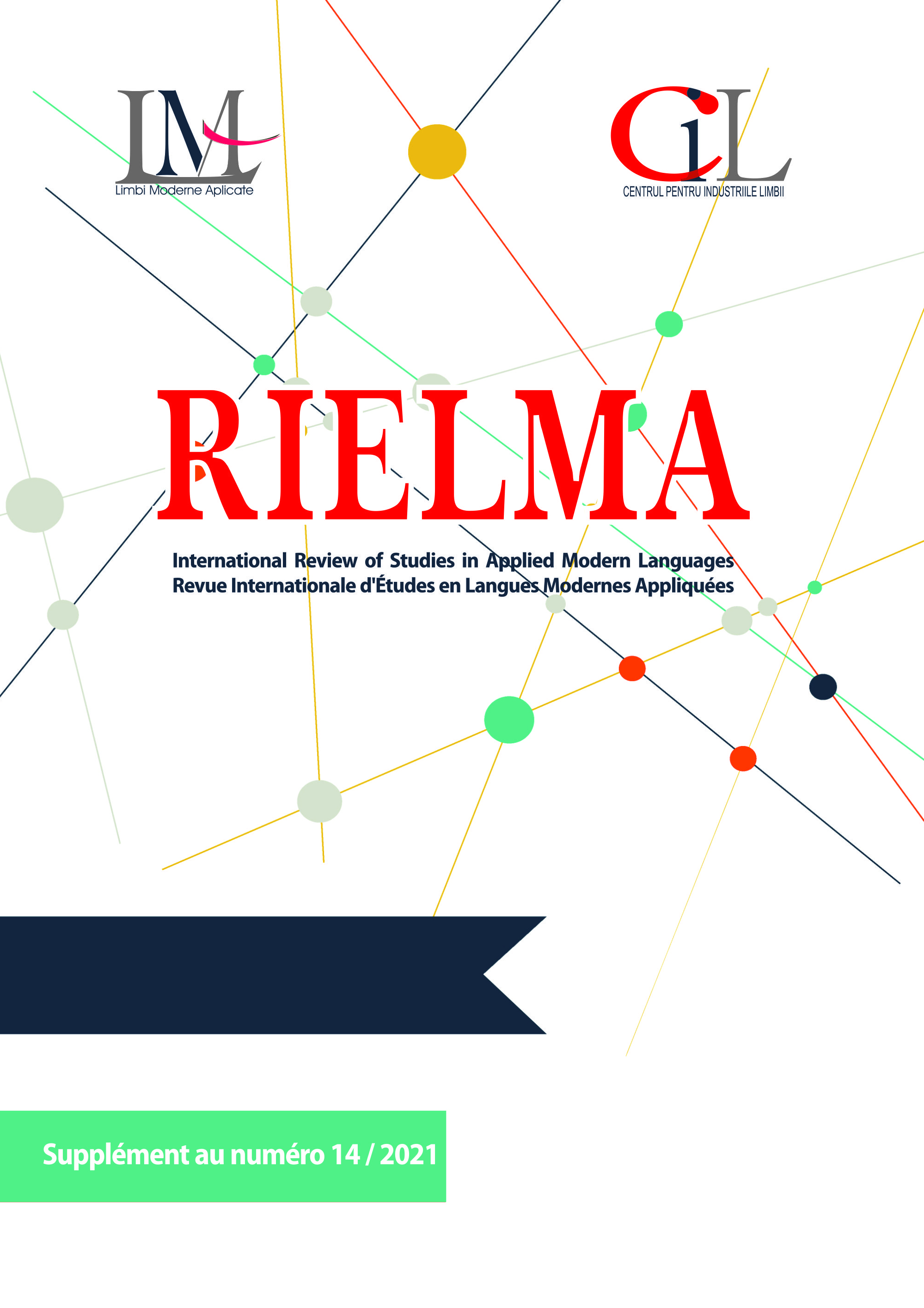Medical Interpreting – A Race against Time
Medical Interpreting – A Race against Time
Author(s): Almudena Nevado Llopis, Ana Isabel Foulquié Rubio, Elena Tomassini, Christopher John Garwood, Mette Rudvin, Alina Andreica, Alina PeleaSubject(s): Health and medicine and law, Translation Studies
Published by: Risoprint
Keywords: medical interpreting; over-the-phone interpreting (OPI); video remote interpreting (VRI); remote consecutive; remote simultaneous;
Summary/Abstract: There are several factors that make medical interpreting particularly difficult, ranging from the emotional burden interpreters have to bear to terminological problems, from ethical issues to role confusion and relational complications. Interpreting tasks are made even more complicated by time constraints. In emergency situations time may even be a matter of life and death, so finding ways to avoid the wasting time is essential. This paper looks at ways new technologies are currently used to improve medical interpreters’ reaction times in the most advanced countries in this field (US, UK, Australia and Canada) and in the three countries participating in the ReACTMe project: Spain, Romania and Italy. The situation is examined from the point of view of the advantages and risks of using remote interpreting in medical settings, of the availability and efficiency of existing tools, and, last but not least, of the possible improvements in the countries of our project. The aim is to identify and disseminate methods and practices that can aid healthcare institutions and provide the basis for new training programmes that make full use of the different modes of remote interpreting.
Journal: Revue Internationale d'Études en Langues Modernes Appliquées
- Issue Year: 14/2021
- Issue No: Suppl.
- Page Range: 22-38
- Page Count: 17
- Language: English

